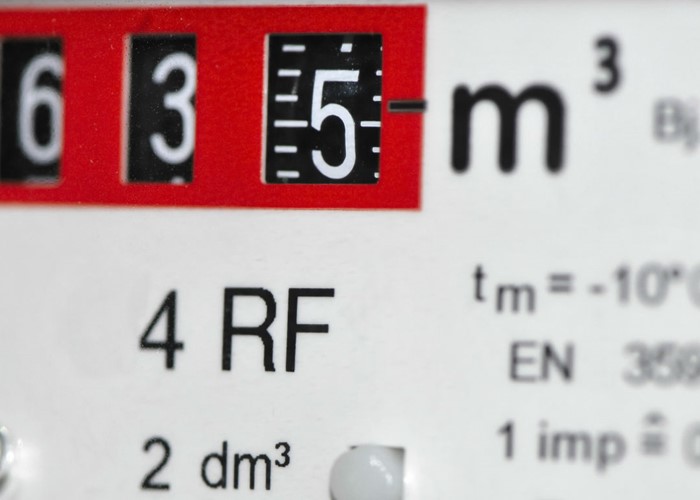New cheap energy tariffs

With providers upping energy tariff prices, we highlight some great deals, and why waiting to switch will cost you.
As gas and electricity prices rise quickly for most households, those who shop around annually can still save hundreds of pounds. Two of the cheapest four tariffs are even fixed for a year.
Before we get to those, however, take a look at how much five of the big six suppliers have increased prices recently:
Recent increases to standard tariffs and some other tariffs
|
Supplier |
Gas |
Electricity |
|
British Gas |
18% |
16% |
|
E.ON |
18% |
11% |
|
npower |
16% |
7% |
|
Scottish & Southern Electric |
18% |
11% |
|
Scottish Power |
19% |
10% |
New tariffs are different
Whenever you read about big price changes, that refers to standard (aka expensive) tariffs and to many other existing tariffs, but those changes often don't apply to many of the newest online tariffs.
It's clear that suppliers use a different strategy to decide what prices their new, cheaper online tariffs will have. Online tariffs open to new customers sometimes don't change at all, even when the same supplier announces massive increases. This summer they did go up a bit, as it happens, but on previous announcements since at least 2008, they didn't.
Sometimes they even fell.
You need to switch regularly to benefit
I know that this is a broken record. You've heard a million times that you should switch gas and electricity supplier and you've had enough of it. You can't be bothered to switch any more, probably. But the thing is that it's the only way to keep paying a competitive price.
It's rather like savings accounts. The only way to keep getting a good interest rate on an easy-access account is to switch once a year. If you stick with the account for longer, you can expect a sudden and severe drop in the interest you receive.
With the cheapest variable energy tariffs, a year or so after you've switched you can expect that the cost will rocket and you will normally see your tariff swiftly thereafter draw level with the supplier's more expensive (i.e. standard) tariff.
Why waiting makes no sense
Note that some websites are telling you to wait now before switching until the last of the big six suppliers, EDF, has announced increases. The majority of commentators repeatedly make that same recommendation, but my research shows that it is probably wrong to wait if you last switched more than a year ago. Please read You're making the same mistake again for an explanation.
There is an extra reason why waiting could have been a bad idea for you. If you leave quickly when your supplier writes to tell you your prices are going up, you should be able to avoid paying exit fees.
Regulator OFGEM told me that, if energy suppliers put up your prices, this counts as a “material change” to the contract, in which case you're allowed to switch away without paying the higher prices, and the energy supplier should not charge you exit fees. (OFGEM said there are exceptions for unusual tariffs.)
Watch out for devious discounts in your existing tariff, though. If you switch within a year, you often lose all or part of any discounts you're entitled to claw back later – even if you leave because your supplier put up prices. It's a pretty sneaky way to keep you locked in or to make you pay more than you expected when you last compared prices and switched. (All energy comparison tools deduct annual discounts from the estimated savings.)
Two fixed deals currently look best
Two one-year fixed deals are very cheap and are the third and fourth cheapest tariffs, in my tests. These are ScottishPower Online Fixed Saver December 2012 and EDF Fixed S@ver v2. Energyhelpline tell me the former costs an average £990 for dual fuel customers (including £30 cashback which you get after about six weeks) and the latter costs an average £1,009.
This also shows that not all new tariffs are going up in price. EDF's Fixed S@ver has been reintroduced after a few weeks' absence at the same price as in April. In February this year, an earlier version of the tariff was actually more expensive.
These two tariffs are not just within a few dozen pounds of being the cheapest altogether but, in my tests, the cheaper variable tariffs come with the devious discount trick I just mentioned. Overall, this makes the fixes seem the best value tariffs currently available. These tariffs probably won't be available for long so don't delay!
More: Compare gas and electricity prices | The sly energy tariff trap | Energy suppliers manipulating customers
Comments
Be the first to comment
Do you want to comment on this article? You need to be signed in for this feature